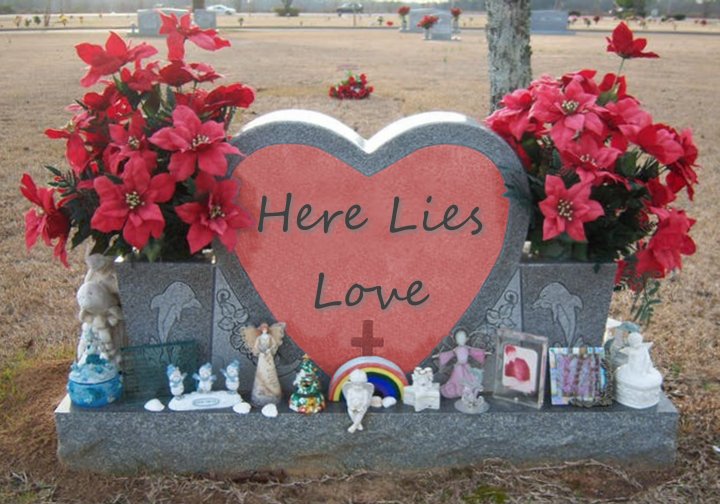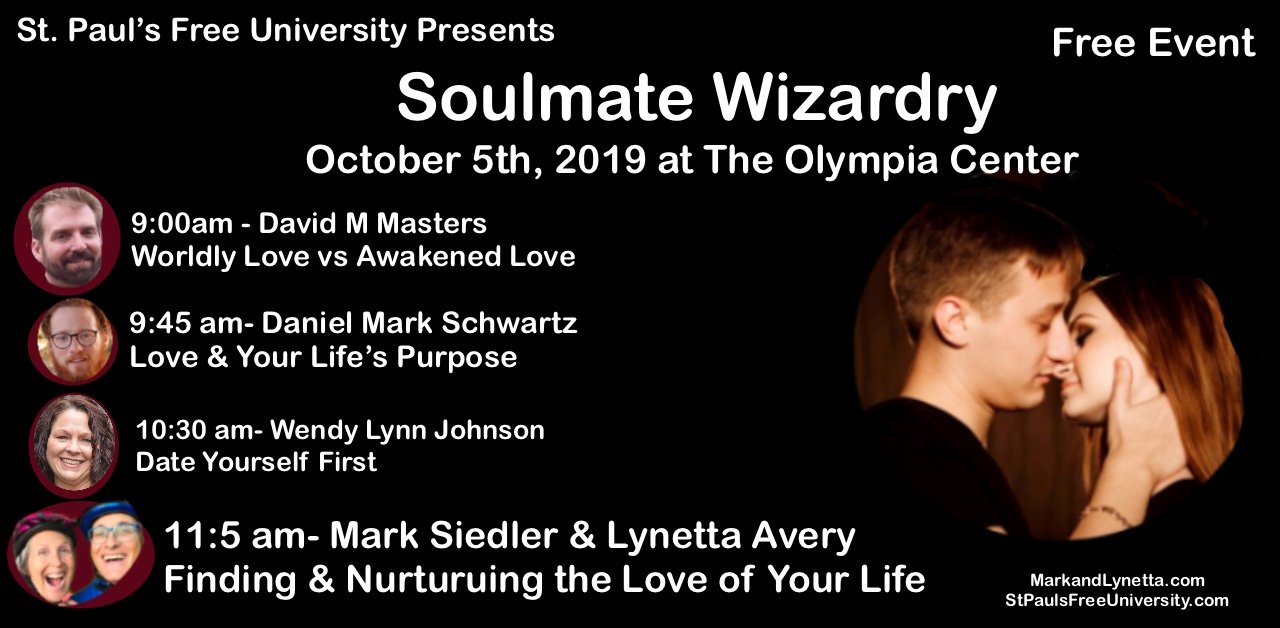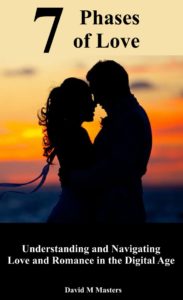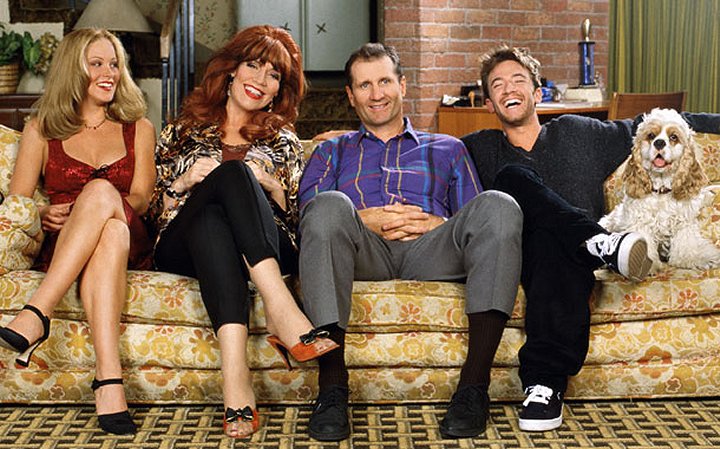Your partner has done it again, and here you are finding yourself caught up in yet another round of the same ol’ thing that you got in an argument the last time. You ask yourself, why are we always fighting over the same old thing(s)? What can you do about your relationship repeat offender?
Here you are again, standing your ground and willing to risk all over this issue that keeps on coming up and simply will not go away. It’s as if your partner refuses to listen, or doesn’t care about your feelings at all, which makes you even more upset, angry, or outraged.
If you can think back to when you were a child, you will probably remember your parents arguing over some of the same issues over and over again, too. Generally, this is where you learn how to act in relationships, and even if you’ve vowed never to be in a relationship like your mom and dad, here you are.
You don’t do it on purpose, but subconsciously, you’ve set your relationship the same way, because it “feels like home.” I know, it’s bizarre, but it’s perfectly normal.
Pattern Interrupt
Once you realize this, though, you can choose to approach the relationship repeat offender scenario differently. When you see this issue coming up and feel your anxiety building, you can remember what it was like watching your parents and choose a different tactic.
What if in your recollection of your parents’ recurring argument, if you could go back in time and play the part of either of your parents, how could you have done it better? This may give you an idea of what you might try differently in the present.
Taking this momentary reflective pause gives you a chance to apply a new approach to the scenario as an alternative to just launching into your normal responsive reaction when you’re triggered (and you already know what to expect from that), thereby interrupting the old pattern.
When you try a different approach, you open up a world of possibilities for a different outcome, a better result from your previous style of approaching this issue. Everything is not always black and white, and you’d be surprised how much closer you and your partner could be if you throw in a dash of tolerance or compromise into the mix.
If your first line of defense is to post up and ready for battle (or flee) this is learned behavior which you have embraced as a survival skill, but really, you are far better than that. In every relationship, there needs to be a degree of openness, honesty, and vulnerability.
By taking a different approach and allowing other possibilities, you may have eliminated the relationship repeat offender altogether. You have the power to do this.
If you really want to grow in love and compassion in your relationship, you must be willing to lay down your sword and shield, be present and stay in the game. If your normal response is to withdraw or leave the room, stay and play it out. This is your life we’re talking about.
I know you’ve probably heard it before, something like,
You have to love yourself
before you can truly love anyone else.
As ridiculous as it might sound, it’s true. If you’re constantly looking for acceptance or approval from your mate, you will be periodically (or continually) fighting for validation. If you are full of love for yourself, you don’t need validation as much from your partner, or anyone else for that matter. Sure, it’s nice when you are recognized, complimented, or even applauded, but you don’t need it because you are in such a good, loving space regarding yourself.
This also changes the way you view disrespect from your partner (or anyone else for that matter). If someone disses you, and you have a healthy love for yourself, you can simply shrug it off as no big deal, and have compassion for whoever verbally assaulted you, because you realize they are acting out of their own discontent and you can have compassion for them, for they are only doing the best they can with what they have (as are you).
Love yourself. And the next time you get triggered and feel a battle coming on, put down your weapons, stay in the game, take a breath and ask yourself, “How could I do this better?” Then, try something different.
See what happens when you allow infinitely new possibilities to unfold in the loving space you chose to inhabit and share with your partner.






